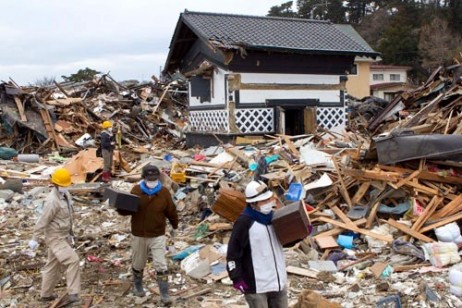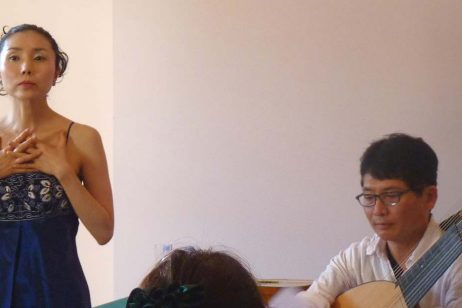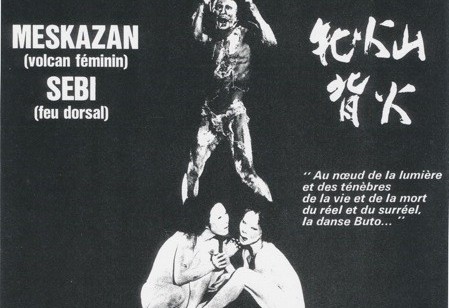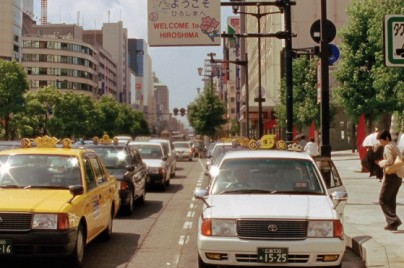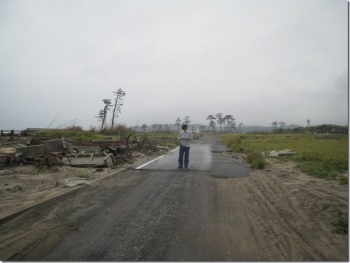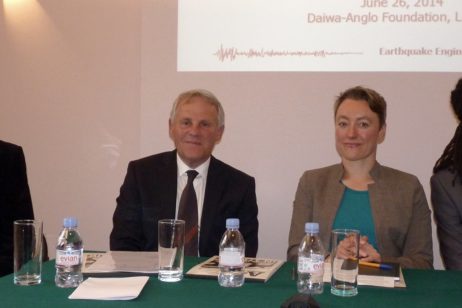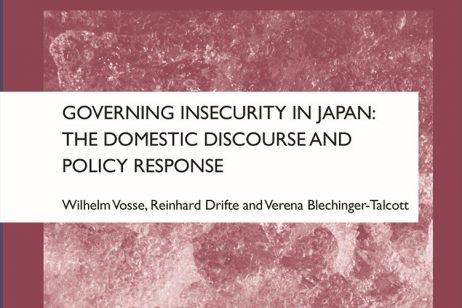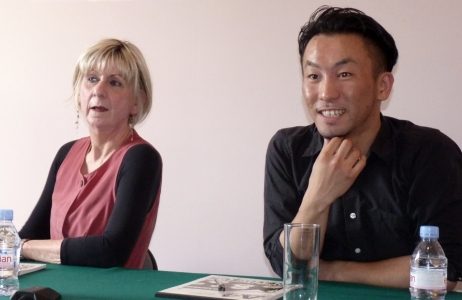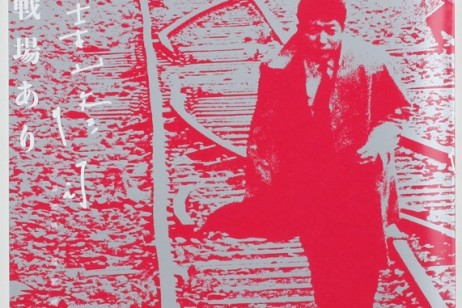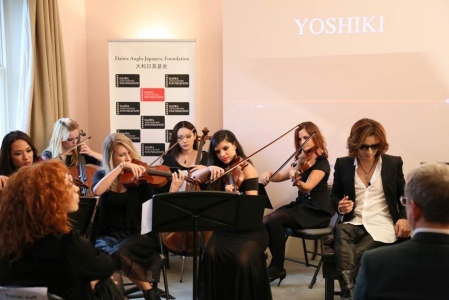19 September 2014
Excavating cultural heritage: the archaeological implications of the Great East Japan disaster three years on
As well as the terrible human cost, the earthquake and tsunami that devastated the Pacific coast of northern Honshu in March 2011 had a major impact on cultural heritage.
In the first instance a number of museums, stores and other facilities were directly damaged, and great quantities of heritage materials, both public and personal, were lost. This initial impact was to an extent mitigated by a programme of ‘cultural heritage rescue’. A second impact has been on buried archaeological sites and the important remains they contain in advance of the redevelopment of the region.
More info